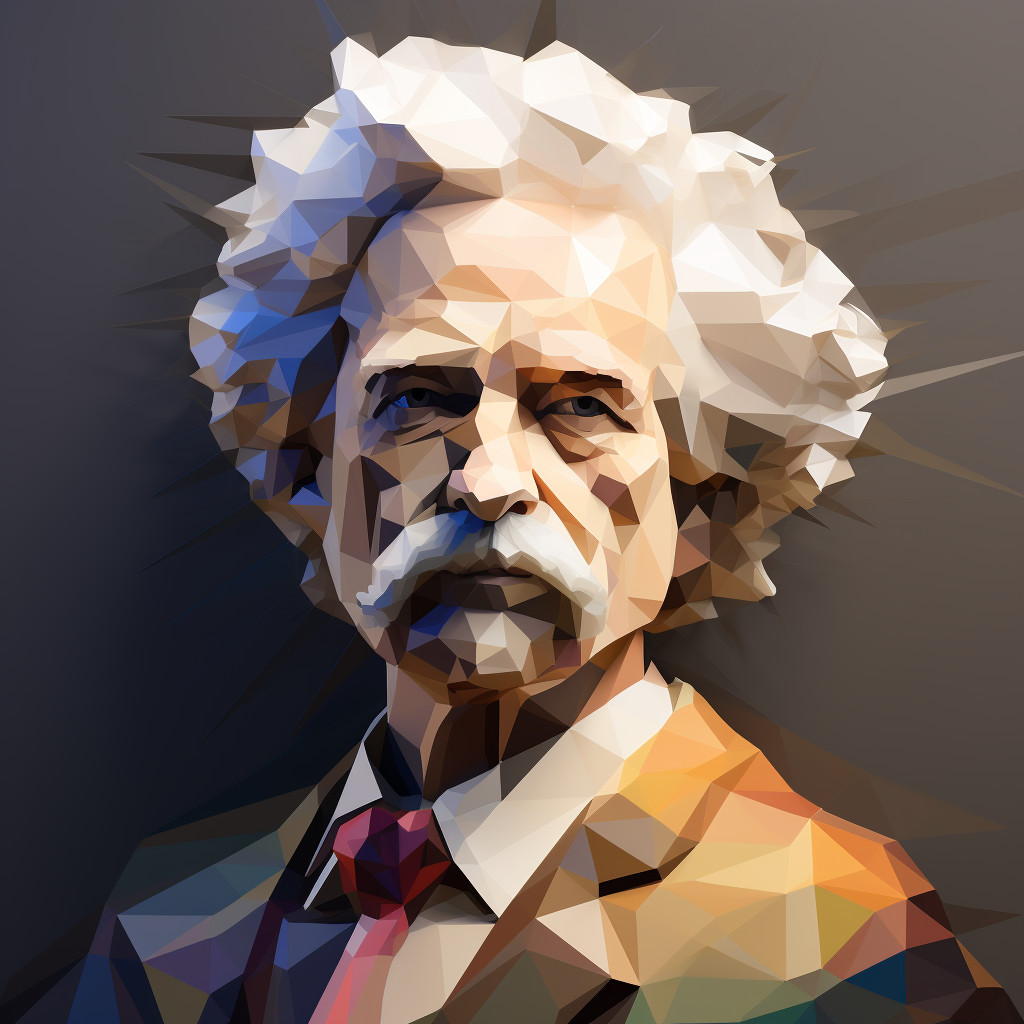'Not Knowing' Quotes
Not Knowing Quotes’ are powerful statements that highlight the importance of embracing uncertainty and the unknown. These quotes have been used by philosophers, writers, and leaders throughout history to inspire individuals and society to question, explore, and learn. They remind us that it is…Read More
Not Knowing Quotes’ are powerful statements that highlight the importance of embracing uncertainty and the unknown. These quotes have been used by philosophers, writers, and leaders throughout history to inspire individuals and society to question, explore, and learn. They remind us that it is through acknowledging our lack of knowledge that we can truly grow and evolve. From Socrates’ famous quote “I know that I know nothing” to Albert Einstein’s “The more I learn, the more I realize how much I don’t know,” these quotes have influenced and shaped the way we think about the world and our place in it. They continue to resonate and motivate people across the globe, encouraging us to embrace the unknown and never stop seeking knowledge.Read Less
Not Knowing Quotes’ are powerful statements that highlight the importance of embracing uncertainty and the unknown. These quotes have been used by philosophers, writers, and leaders throughout history to inspire individuals and society to question, explore, and learn. They remind us that it is through acknowledging our lack of knowledge that we can truly grow and evolve. From Socrates’ famous quote “I know that I know nothing” to Albert Einstein’s “The more I learn, the more I realize how much I don’t know,” these quotes have influenced and shaped the way we think about the world and our place in it. They continue to resonate and motivate people across the globe, encouraging us to embrace the unknown and never stop seeking knowledge.
21 Notorious 'Not Knowing' Quotations and Sayings
Not Knowing – Symbolic Value
The concept of “not knowing” is a powerful and often overlooked aspect of human existence. It is a state of uncertainty, a lack of knowledge or understanding, and can evoke a range of emotions from fear and anxiety to curiosity and wonder. In many cultures and belief systems, not knowing holds a symbolic value that is deeply ingrained in our collective consciousness.One of the most well-known symbols of not knowing is the question mark. This simple punctuation mark represents the unknown, the unanswered, and the uncertain. It is a visual reminder of our limitations as human beings and our constant quest for knowledge and understanding. In some cultures, the question mark is also seen as a symbol of curiosity and the desire to learn and grow.
Not Knowing – Cultural and Historical Significance
Not knowing has played a significant role in shaping cultural and historical events. In ancient times, the concept of not knowing was often associated with the divine and the supernatural. People turned to oracles and prophets to seek answers to their questions and to gain insight into the unknown. In many cultures, not knowing was also seen as a test of faith and a way to demonstrate humility and submission to a higher power.In more recent history, not knowing has been used as a tool for control and manipulation. Governments and institutions have often used the fear of the unknown to maintain power and control over their citizens. This has led to the suppression of knowledge and the perpetuation of ignorance in many societies.
Not Knowing – Common Themes in Motivational Contexts
In motivational contexts, not knowing is often portrayed as a barrier to success and personal growth. It is seen as something to be overcome, a challenge to be conquered. Many motivational speakers and self-help gurus encourage people to embrace the unknown and to push past their fears and limitations in order to achieve their goals.However, not knowing can also be seen as a source of motivation and inspiration. It can spark curiosity and drive individuals to seek knowledge and understanding. The desire to fill the gaps in our understanding can lead to innovation and progress in various fields.
Not Knowing – Portrayal in Art and Media
The concept of not knowing has been a recurring theme in art and media throughout history. In literature, it is often used as a plot device to create tension and suspense. In visual art, it can be depicted through abstract or surreal imagery, representing the uncertainty and complexity of the human experience.In popular culture, not knowing is often portrayed as a source of humor. The classic “dumb blonde” stereotype, for example, relies on the idea of not knowing as a comedic device. However, there are also more serious and thought-provoking representations of not knowing in media, such as in science fiction and dystopian stories that explore the consequences of ignorance and the pursuit of knowledge.
Not Knowing – Impact on Understanding of Life and Society
The concept of not knowing has a profound impact on our understanding of life and society. It reminds us of the vastness and complexity of the world we live in and the limitations of our own knowledge and understanding. It also highlights the importance of critical thinking and the constant pursuit of knowledge and truth.Not knowing also plays a crucial role in shaping our relationships with others. It can create a sense of vulnerability and humility, allowing us to connect with others on a deeper level. It can also lead to misunderstandings and conflicts, as different perspectives and beliefs clash in the face of uncertainty.In conclusion, the concept of not knowing holds a significant symbolic value and has played a crucial role in shaping our cultural and historical beliefs. It is a common theme in motivational contexts and has been portrayed in various forms of art and media. Ultimately, not knowing challenges us to constantly seek knowledge and understanding, and to embrace the unknown as an essential part of the human experience.















